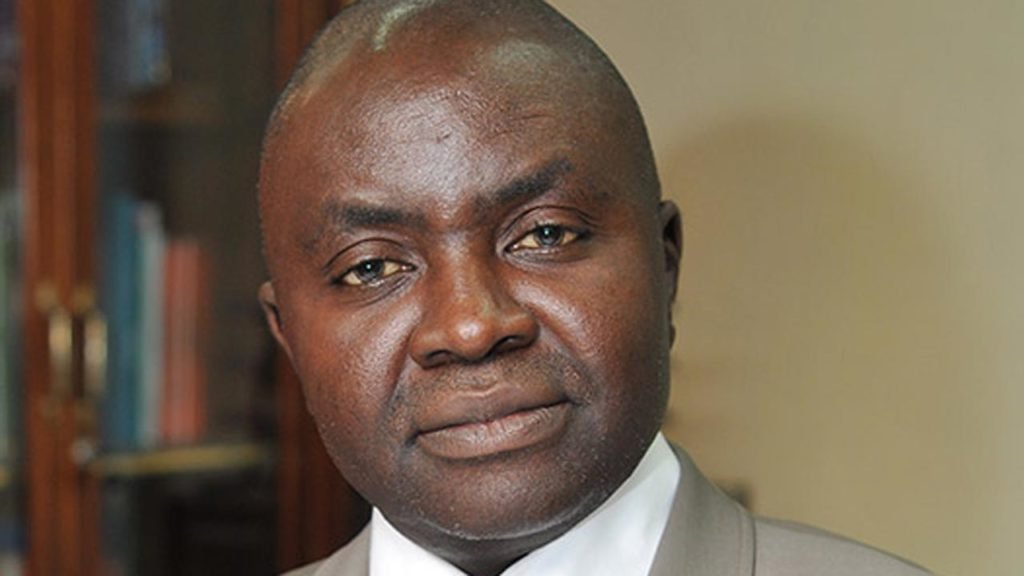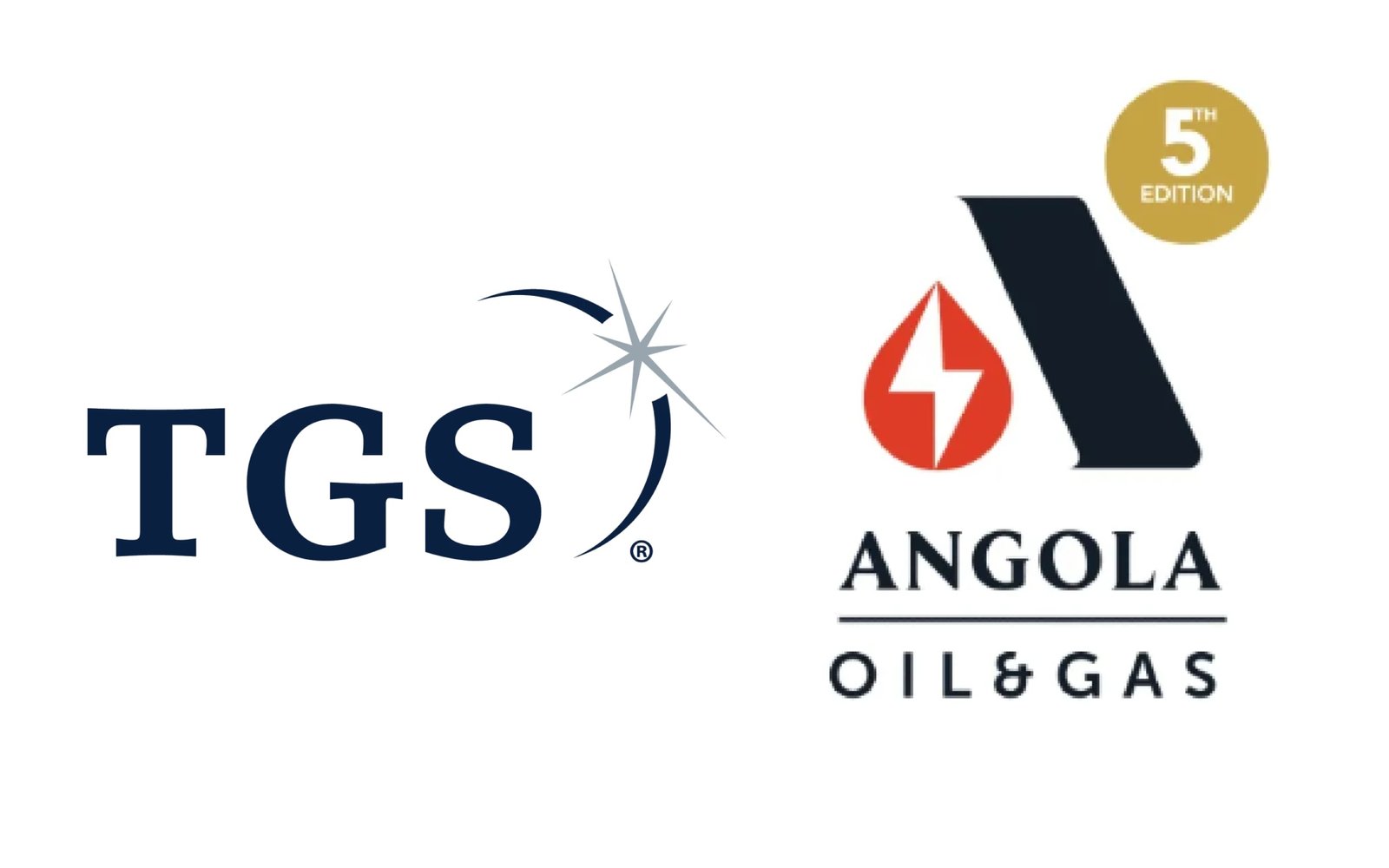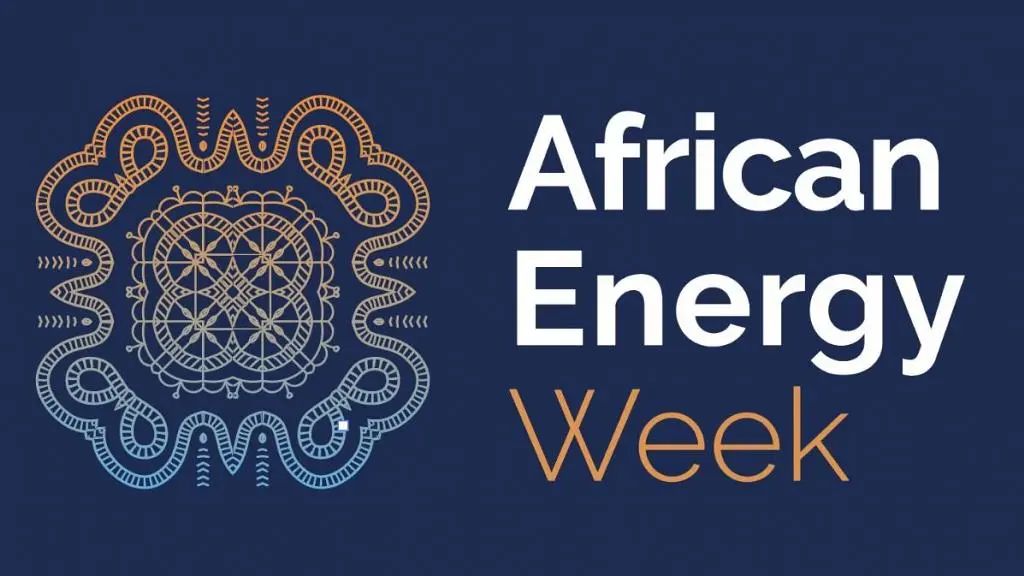CPPE COMMENTS ON NIGERIAN ECONOMY AT 62
Over the past six decades the Nigerian economy has transformed from a basically agrarian economy to an economy driven largely by services and oil and gas. While the agricultural sector contributed an estimated sixty percent (60%) to the country’s GDP in the sixties, its contribution has reduced to about twenty six percent (26%) presently.
Conversely, the services sector has grown significantly since independence and now contributes over 57% of the country’s GDP. These are indications of a significant structural changein the Nigerian economy since independence. The servicesector contribution to employment generation and revenue to government has risen sharply over time.
The over two decades of uninterrupted democracy, since 1999 reflects relative political stability which is good for the confidence of investors. The Nigerian economy had recorded an average growth performance over the past decades although with a few instances of sluggish growth. However.the challenge of creating an inclusive growth trajectoryremains a major concern. While the economy had experienced some positive growth trend over the past six decades, especially in the oil boom era, the impact on poverty, inequality and job creation has been very minimal. It is a case of growth with minimal development.
SECTORAL TRANSFORMATION
Some sectors have been significantly transformed over the past six decades. One of such success stories is the telecomssector. The number of telephone lines in the country today is over 200 million as against what obtained just over twodecades ago when the country had a mere three hundred thousand lines, with just a handful of mobile telephone. The economy has also witnessed considerable changes in the ICT sector and this has impacted many sectors through the digitalization of their processes and systems. We have seen increased traction in IT applications in many sectors of the economy.
Electronic payment systems have brought remarkabletransformation to the financial services sector. Transactions on electronic payment platforms and POS, mobile transaction is in excess of one hundred trillion Naira annually. The entertainment sector has grown in leaps and bounds over the last decade. It has also grown in quality and in number. The sector has become a key sector to be reckoned with globally. Nigerian music and films have gained an amazing traction worldwide. This growth has come with massive job creation in the sector, especially for the youths
Unlike what obtained at independence, the economy has witnessed impactful private sector footprints in many sectors, especially in the following: telecommunications and ICT, aviation, transportation, education sector, health sector, print and electronic media and many more.
Accordingly, the contribution of the Nigerian private sector to the Nigerian economy has grown in leaps and bounds over the years.
CURRENT CONCERNS IN THE ECONOMY
The country’s macroeconomic management frameworkcontinues to pose serious challenges to investors in the economy. This situation has been further compounded by the shocks and disruptions inflicted by the Russian invasion of Ukraine and the lingering effects of the covid-19 pandemic.
The fragile macroeconomic conditions remain a major causefor concern. The troubling macroeconomic situation have manifested in the following ways in recent years: weak and depreciating currency, high inflationary pressure, high and rising debt profile, exchange rate volatility, liquidity crisis in the foreign exchange market, increasing fiscal deficit, growing debt service burden, and the acceleration of money supply growth following the rising CBN financing of deficit.
There are profound concerns around investment climateissues. High infrastructure deficit, cargo clearing challenges which has continued to worsen, high transactions cost at the ports, weak productivity in the real sector largely as a result of infrastructure conditions, regulatory challenges and policy inconsistency.
Persistent importation of petroleum products had continued to put pressure on foreign reserves and weaking the capacity of the CBN to support the forex market. Petroleum refineries have remained non-performing over the years.
The fiscal position of the federal government and the states are very weak, characterized by high ficals deficit , high and increasing debt profile and the associated debt service burden is a cause for concern.
The state of insecurity continues to take its toll on the economy, especially on agricultural output and fueling food inflation. It is also impacting the confidence of investors. The spate oil theft and the associate leakages of governmentrevenue is very troubling. Billions of dollars have been lost to this apparent failure of security effectiveness in the oil producing areas.
WAY FORWARD
DR MUDA YUSUF
FOUNDER/CEO
CENTRE FOR THE PROMOTION OF PRIVATE ENTERPRISE [CPPE]








